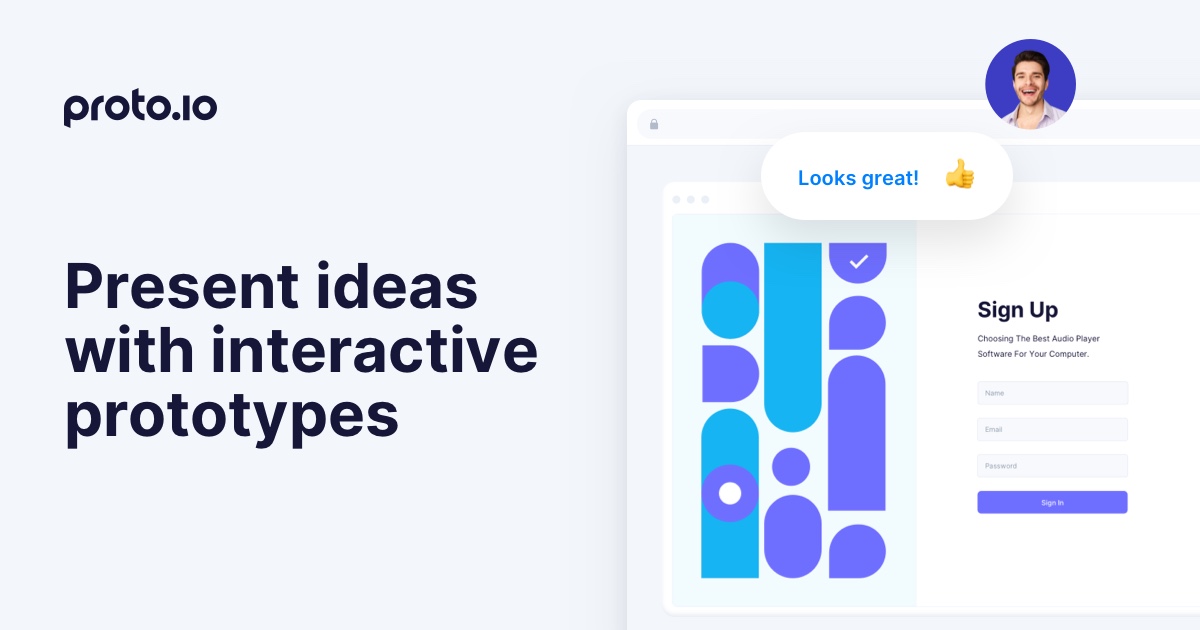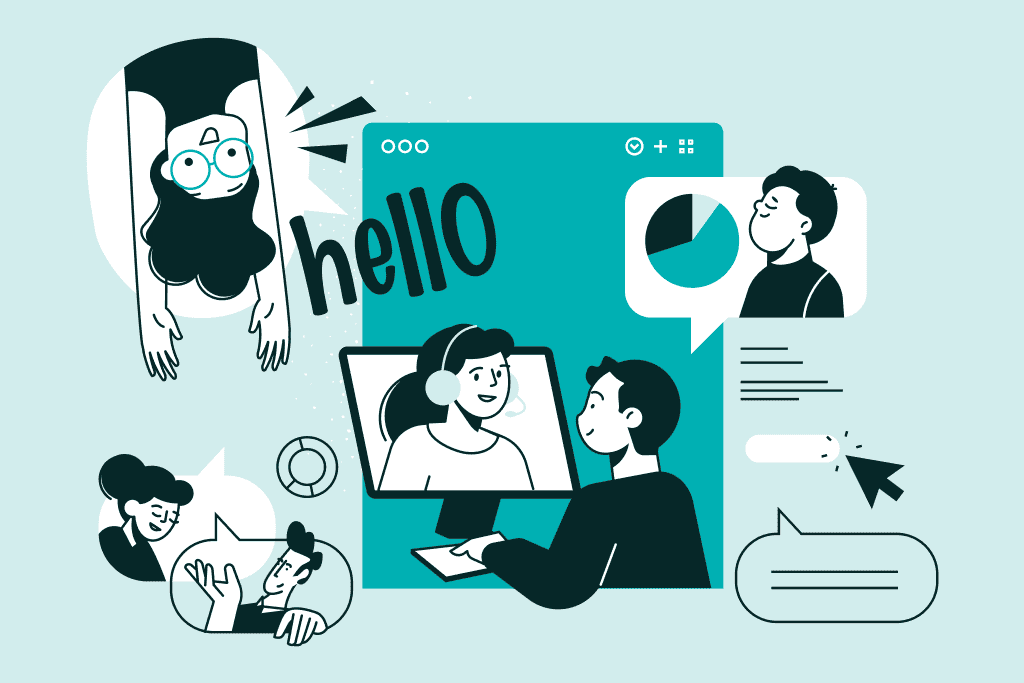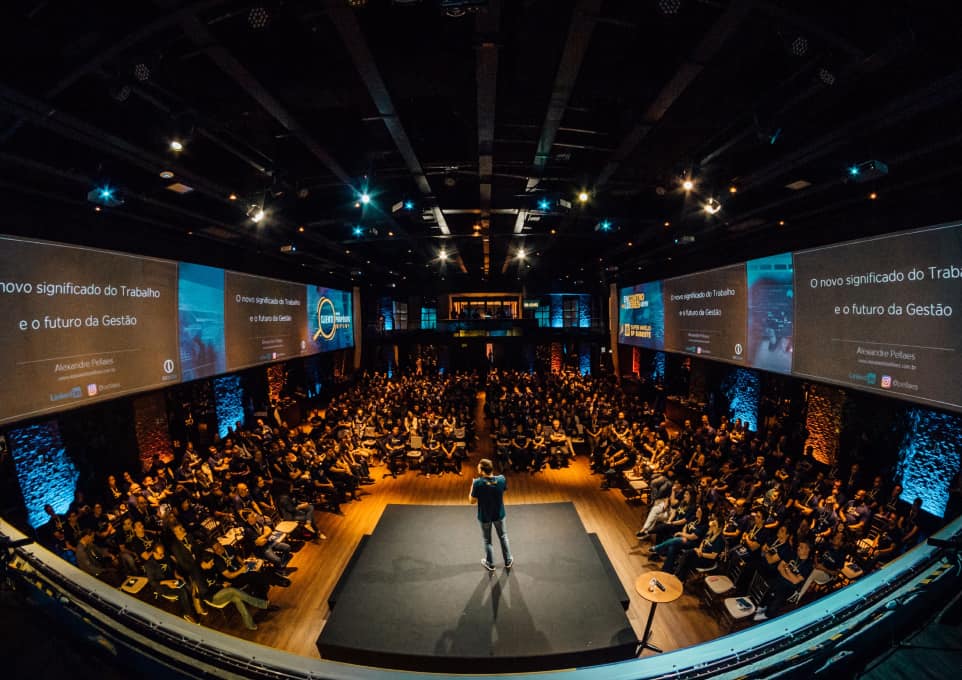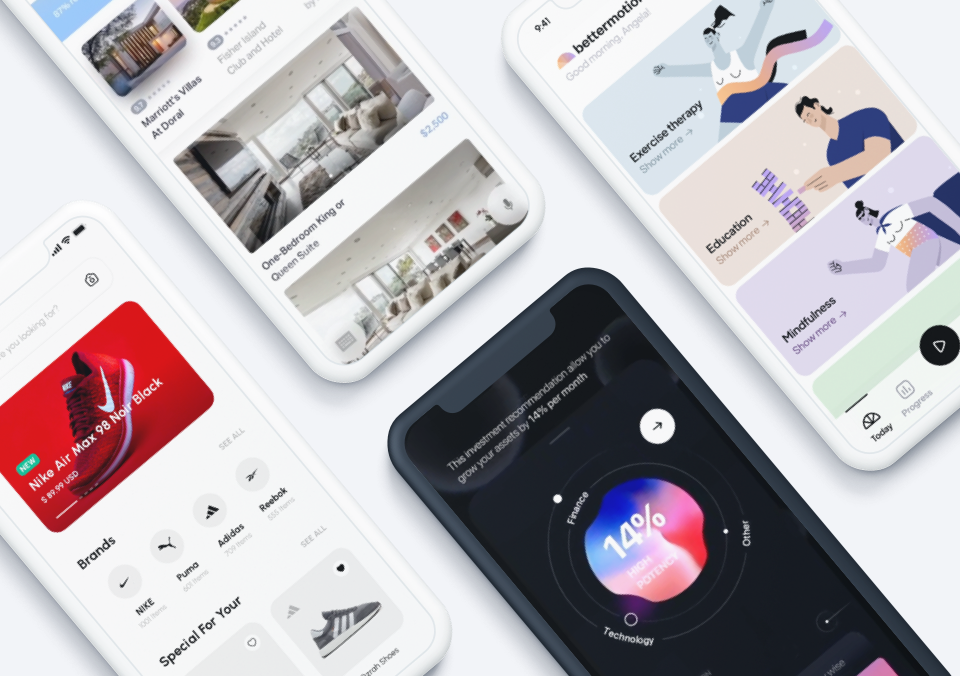Your team will make or break your company’s success and there is one thing that you might not be screening for in interviews that will help determine which path they’ll point you towards. Emotional intelligence has been gaining steam over the past two decades as managers, CEOs, and psychologists alike realize that success has a lot more to do with soft skills than technical skills. “Can you do the job?” is still an important question to get to the bottom of, but “How will you get the job done?” is of equal importance.
Before we get too far along, what is emotional intelligence? Psychology Today defines it as, “the ability to identify and manage your own emotions and the emotions of others. It is generally said to include three skills: emotional awareness; the ability to harness emotions and apply them to tasks like thinking and problem solving; and the ability to manage emotions, which includes regulating your own emotions and cheering up or calming down other people.”
Emotional intelligence is key to working effectively on a team to meet deadlines and push product development along. Beyond that, it also curtails turnover. Leadership IQ conducted a study of 5,247 hiring managers across 312 organizations. During the study, the managers hired over 20,000 new employees and they found that attitude (a large part of which can be attributed to emotional intelligence) was the root of 89% of new employee failures. Approaching it from a different angle, TalentSmart found that emotional intelligence accounts for 58% of job performance and that of the top performers they pinpointed across industries, 90% had high emotional intelligence.
Hiring managers want their new hires to stay motivated and stay onboard as long as possible to advance product development and maintain a cohesive team. On top of that, turnover is expensive. HR Dive suggests that turnover costs an employer 33% of that worker’s annual salary. For startups that are trying to get their product off the ground and become profitable, this is an expense that must be avoided. And it’s largely possible by working emotional intelligence questions into the interview process, as well as providing ongoing training to keep these soft skills fresh among seasoned employees.

How to Screen for Emotional Intelligence
Do “emotional intelligence courses” really work? While they’re offered at many business schools and even in some undergraduate programs, it is still up for debate. But if formal education can’t exactly teach your future employees emotional intelligence, how can you systematically determine that they have the soft skills needed to succeed in your company?
What exactly can emotional intelligence do for employees and, in turn, how can it help your products succeed in the market? Well, one core tenant of the practice is mindfulness. Before you brush it off, there is merit to approaching product development with mindfulness. In fact, an outcome from involving emotional intelligence in everyday work is being able to deeply focus on one task at a time, instead of spreading yourself too thin by multitasking.
Top companies are taking notice of the impact. They have pivoted from seeking hires who simply have the technical knowhow to get the job done to finding applicants who also bring a certain mindset to the table. MarketWatch reports that “The top of the list of skills employers from brands like Wayfair, Adobe, and Prezi seek includes attention, humility, creativity, and agility.” These skills are hard to argue against. Any company that wants to achieve success should be seeking candidates out who have a track record of putting these skills to work in past positions.
Oftentimes, this boils down to “culture fit.” This nebulous term can be complicated to define, as it is different for every organization. But if a new designer you’re considering hits it out of the park in terms of their portfolio and technical interview, yet prove that they aren’t good at brainstorming creatively with a team, this will only backfire if those brainstorm sessions are central to the way your team works. Determining your own way of screening for these emotional intelligence skills will help you pick the right hire, reduce turnover, and increase productivity.

How Emotional Intelligence Impacts Product Development
The soft skills that are inherent in emotional intelligence are key to successful product development for a number of reasons. The most important of which is the ability to understand others. This is true for both your team and your end user. When you are able to listen to what your team is experiencing, it is much easier to step in and introduce more efficient process.
When it comes to your end users, high emotional intelligence makes it simple to conduct comprehensive user research that centers on your users’ pain points and experience with the product. This way, you will come away with much more useful information, instead of your preconceived notions of how your product can solve user pain points.
Put Users First
In order to launch a successful product, there must be tight alignment, both on the team and with potential users. Product market fit is especially important to monitor early and often, in order to save time and investor money. It takes significant emotional intelligence to be able to read between the lines to figure out what users really think of your product. Having the ability to understand what users aren’t saying and link their feedback together to find a game plan is the only way to comprehensively address concerns and improve the product.
Step Back and Observe
As a team lead or entrepreneur, your first course of action is typically to “do.” You naturally want to push product development forward, but sometimes the best way to do that is by taking a step back. Spend more than half of each meeting with your team and users simply listening. Learn how your own input impacts the course of the conversation and what major contributions each person makes. When you are able to gain a full understanding of what others can bring to the table, you can better encourage them and pull in key contributions that will get product development to the next stage.
Improve Teamwork
Emotional intelligence rules everything outside of cold hard skills. It manages relationship building that is key to strong and highly productive teams. To effectively work on a team (and especially if you want to build one), the first thing you need to hone is self awareness. Dominating meetings and not letting others get a word in will doom any team. Instead, knowing how much you are talking, what you’re adding to the ideas of others, and what you can do to improve your contributions going forward are all key to participating effectively.

Additionally, emotional intelligence also helps mitigate team challenges. As stress levels rise and the team experiences bumps along the road, each team member will need to effectively manage their emotions to maintain balance and keep working toward the ultimate team goals. This awareness of self and others helps you to manage relationships within the team. Even if morale takes a dip momentarily, be aware of why it happened and how to improve team interactions.
Keep Going
Successful product development requires perseverance. Your first iteration might fail, but being able to come together with your team to figure out what went wrong and pivot to address the issues will help launch a new and improved second version. Emotional intelligence impacts decision making central to upgrading processes and efficiency when in the iteration phase. A product will never be perfect the first time around, but listening to users to figure out what could be done better will get you one step closer to delivering their desired experience.
The Future of Emotional Intelligence
As a number of companies realize the impact that emotionally intelligent employees can have, interview questions and ongoing training just might start to reflect that. The good thing is that it can be honed over time. So just because you might not have the emotional intelligence right now to embody the soft skills needed to conquer product development, they can be learned and built upon as you progress in your career.
It boils down to the importance of communication and awareness, no matter what kind of product you are working on. Even if you’ve never mentioned the words “emotional intelligence” to your team, if they communicate early and often about what’s working and what could be revamped, then they mostly likely score high.
Proto.io lets anyone build mobile app prototypes that feel real. No coding or design skills required. Bring your ideas to life quickly! Sign up for a free 15-day trial of Proto.io today and get started on your next mobile app design.






